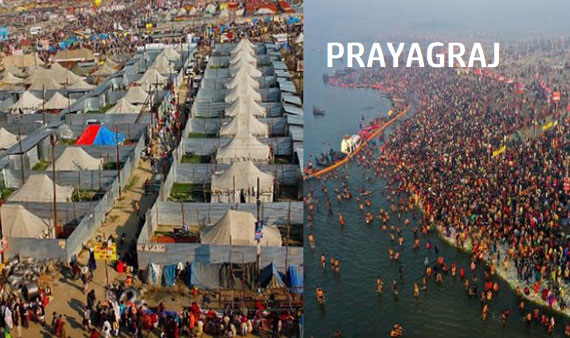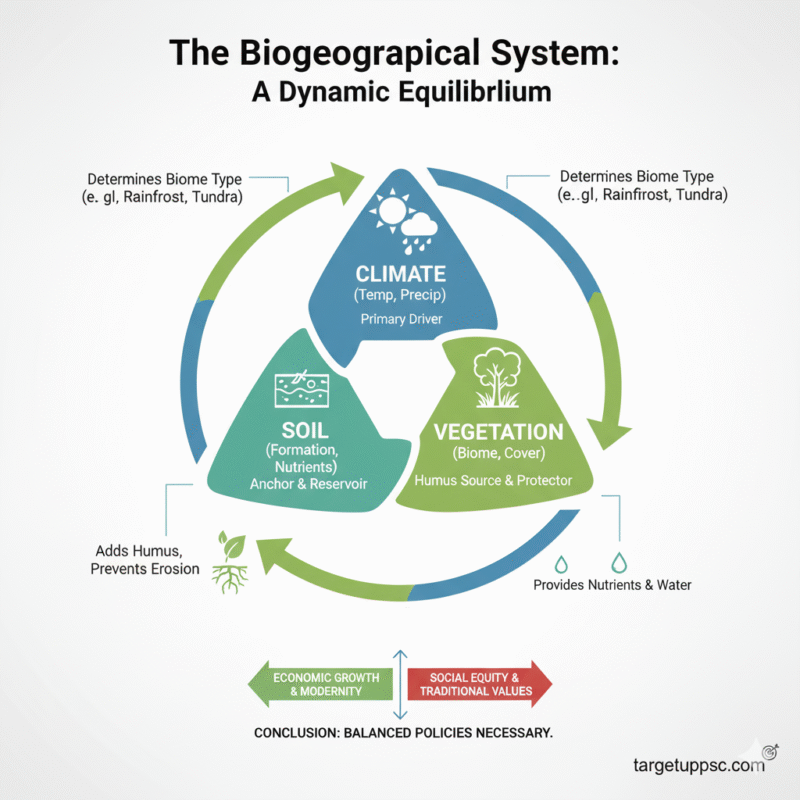The Micro, Small, and Medium Enterprises (MSME) sector is the backbone of Uttar Pradesh’s economy, contributing significantly to employment and […]
Author Archives: admin
Prayagraj, anciently known as ‘Prayag’, stands as one of India’s most profound religious and cultural centres. Its significance stems primarily […]
A civil service functions on the principle of public trust. This trust is maintained by two interconnected elements: the individual […]
Food Processing Supply Chain Management (SCM) involves managing the entire flow of food products from the farm to the consumer’s […]
The Constituent Assembly of India was a sovereign body formed to draft the Constitution for an independent India. It was […]
India’s high tectonic activity, primarily due to the collision of the Indian plate with the Eurasian plate, makes a significant […]
A Smart City is an urban framework that leverages Information and Communication Technologies (ICT), the Internet of Things (IoT), and […]
Climate, soils, and vegetation are fundamental, interconnected components of any terrestrial ecosystem. They exist in a state of dynamic equilibrium, […]
Oceans cover over 70% of the Earth’s surface and are fundamental to human survival, economic prosperity, and planetary health. They […]
Indian culture is one of the world’s oldest and most complex, defined by its deep historical roots, vast diversity, and […]



